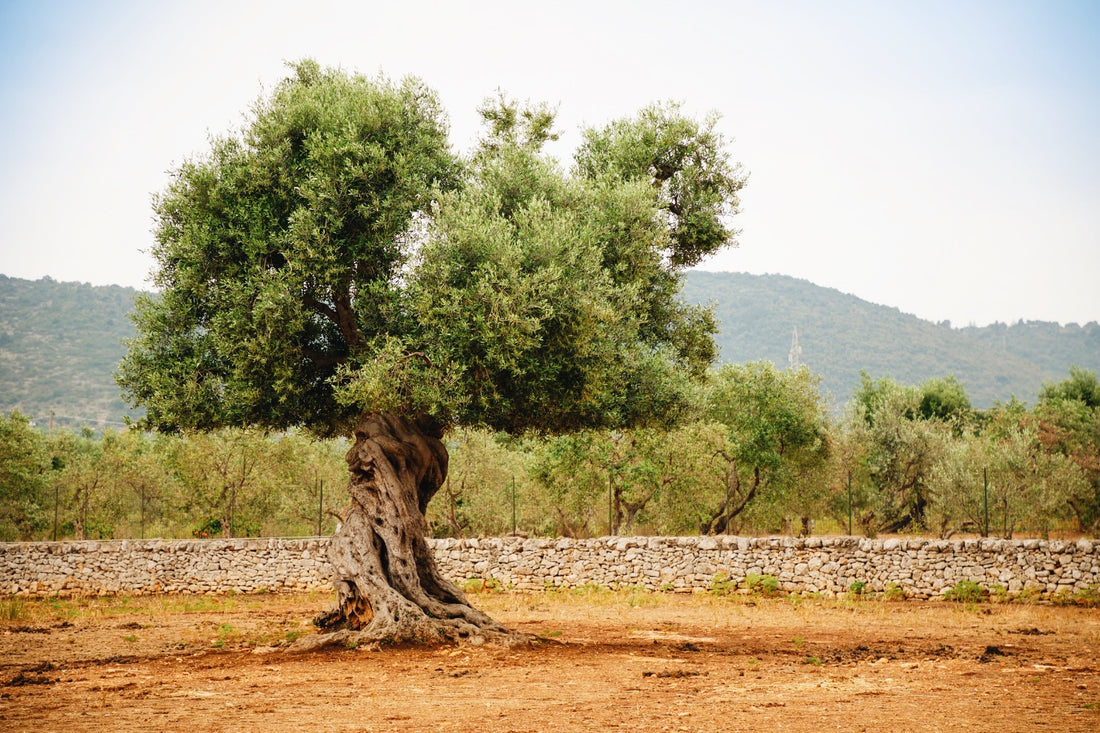“You can’t imagine the meaning of this tree to us,” Basma, an artisan coordinator in Bethlehem said when trying to express the significance of the olive wood tree adequately.
To Palestinians, olive wood trees are deeply connected with who they are, acting as a symbol of their identity.
Like the roots, digging into the ground and well acclimated to droughts and harsh weather conditions, many Palestinians look to olive trees to represent resilience and strength—one that mirrors their own.

Though Palestinians have faced intense persecution in their struggle for human rights, they continue to exist despite these conditions—a trait some could say connects them to the trees they care for.
Every year, during harvest season, families gather together in the groves—throwing nets on the ground where they place the olives from the trees, resting ladders on trunks, and talking with one another.

For many people in Palestine, they plant trees to signify to future generations that they were there.
Basma, who recently coordinated the creation of 10,000 olive wood cutting boards crafted by 118 artisans in Bethlehem, explained that when trees are planted, it is with the intention that they will remain long after they are gone, letting the people who come after them know that their hands also laid seeds into the ground, pruned the branches, and nourished the soil beneath it.
“It is proof of our existence,” she explained.

Nimer (Left) and Shamma (Right), Artisans at Holy Land Handicraft Society Cooperative
Not only is the olive wood tree symbolic of their connection with the land, but the relationship between Palestinians and the trees sprawled across their homeland is also one filled with mutual respect and sustaining.
For 800,000 Palestinian families, olive trees provide an avenue for their main source of income. Because olive trees have great economic importance in Palestine, handcrafts created using its wood are limited to clippings, pruned branches, and trees destroyed by storms or diseases.

Maha, Artisan at Holy Land Handicraft Society Cooperative
Due to the deep care shown towards olive trees, some of the wood used in our artisans’ products are from trees over a thousand years old—carrying the stories of millions of Palestinians.
When talking to Basma about the hardships the people in Palestine have endured, she said, “many times I am carried away by the feelings I have towards my people.” By coordinating the dozens of workshops in the creation of olive wood tree products, Basma has taught us that resilience and strength is built through constant nourishing, pruning, and harvesting. And that even in the harshest conditions, during a worldwide pandemic and political turmoil, Palestinians are driven to thrive in their land like the trees they have planted.



